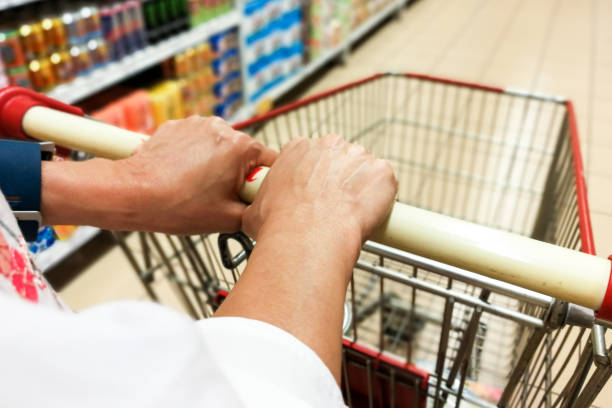FMCG sales may fall as buyers go frugal, buy smaller packs
- May 18, 2022
- FMCG HORECA BUSINESS

Volume growth for fast-moving consumer goods could fall further during the current quarter as Indians opt for more quantities of small packs of daily essentials and groceries, and are using these products judiciously as rising inflation squeezes monthly budgets. With consumers reducing consumption and using lower-priced packs to adjust for rising prices across categories, companies said it could accelerate the decline in volumes even as they report double-digit value growth entirely driven by price hikes.
“Volumes being sold are less now because almost all companies have reduced grammage of products – whether it’s soap, noodles, or biscuits,” retailer Metro Cash & Carry managing director Arvind Mediratta said. He added that consumers are buying smaller packs of essentials because they are in saving mode since “there is uncertainty about how long the inflation will last”.
Small packs or affordable price points such as ₹1, ₹5 and ₹10, generate between 30-50% of most companies’ overall
revenues and instead of changing price tags, they reduced grammage to offset raw material inflation.
Biscuits maker Britannia NSE -1.84 % managing director Varun Berry said in a March-quarter post earnings call: “The ₹5 and ₹10 price points are approximately 50-55% of our total mix, so it’s fairly large in a country where you have a lot of bottom of the pyramid consumers. We will have to nurture that business.”
Prices of crude and palm oil, key ingredients for soaps, shampoos and detergents, have risen 60% while packaging material costs went up by 20% during the quarter from a year ago.
The further decline in volumes comes on the back of already stressed growth – researcher Nielsen said in a quarterly report that FMCG volumes degrew 2.6% in the quarter ended December 2021. “Consumers have curtailed discretionary spends. Demand around value-focused inventory, on the other hand, is seeing consistent growth,” said Ratul Ghosh, chief marketing officer at social e-commerce platform DealShare.
India’s wholesale inflation surged to 15.08% in April, data from the Department for Promotion of Industry and Internal Trade (DPIIT) said on Tuesday. The inflation in foods rose 8.35% last month, up from 8.06% in March. Costs of fuel and power shot up 38.66% from 34.52% in the previous month, the data showed.
“Inflationary pressure is impacting how people are shopping now. Sometimes, she (the consumer) is downtrading to a smaller price point, a lot of the time she is eking out her bag of laundry detergent and using just
a little bit less to try,” Unilever global chief executive Alan Jope told ET last week.
“Be it shampoo, hair oil or oral care – our price points of ₹5-20 are significantly doing better as compared to the larger packs,” Dabur NSE -3.47 % chief executive Mohit Malhotra said.
Analysts said demand uncertainty will prevail across both urban and rural markets for another quarter at least. “We believe that the (FMCG) sector is likely to witness demand uncertainty during periods of high inflation which is a tough challenge to navigate as companies look to manage growth and margins. Further we reckon, most companies are getting distracted from their core agenda of penetration-driven growth as they worry about disruption in all facets of operations,” ICICI Securities NSE -3.09 % analysts wrote in a recent report.



